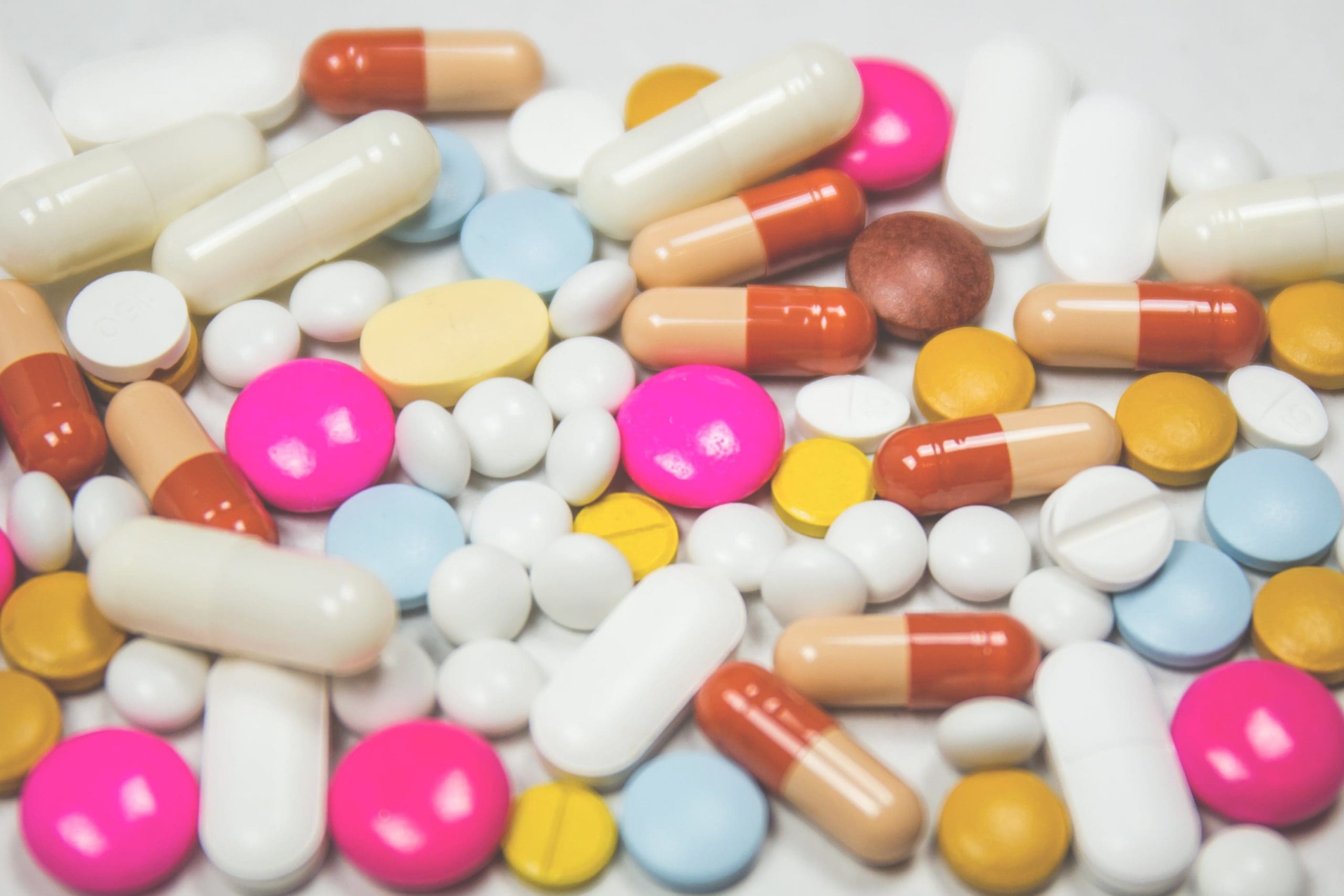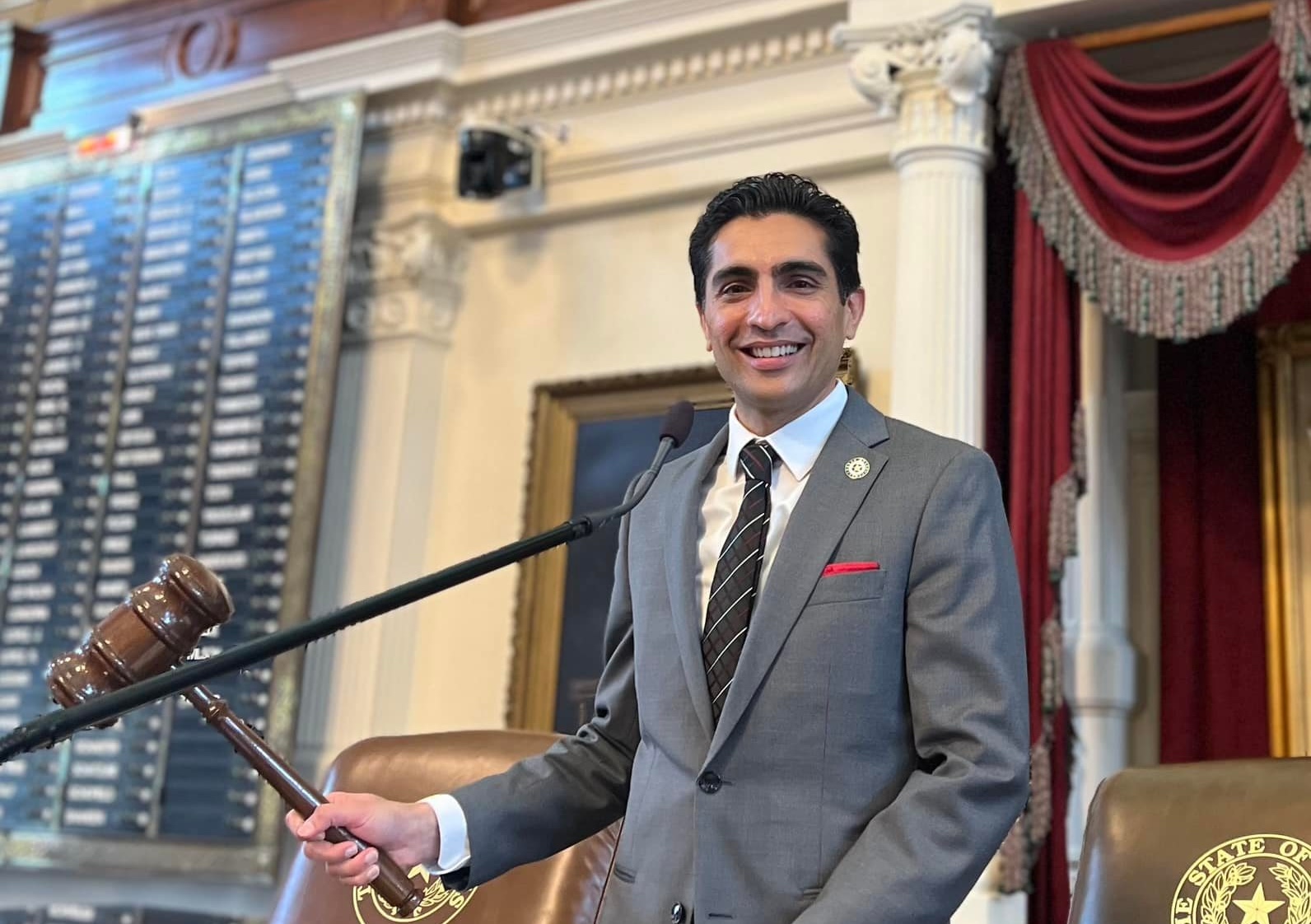The Trump Administration on Friday took a dramatic step to break Big Pharma’s hold on American drug prices in Medicare Part B, announcing an executive order aimed at drastically reducing the costs of the most expensive Medicare drugs by linking them to the lowest-cost available in countries similar to ours.
The order is designed to address a quirk in the Medicare Part B system which allows drug companies to set the price of drugs in the program (largely infusion drugs—the type administered in a doctor’s office for rheumatoid arthritis, cancer, macular degeneration, and so forth).
In the absence of a competitive marketplace to determine drug prices, as is done in Medicare Part D, Medicare Part B allows the drug companies to charge whatever they want, and taxpayers foot the bill. As U.S. Health and Human Services Secretary Alex Azar described it, “It’s just a really stupid way to set prices. It says, ‘Hey, manufacturer, invent whatever list price you want, and we’ll pay a 6 percent premium on top of that.’”
The effect of this has been billions more in spending by the taxpayer—over $30 billion a year—both because the pharmaceutical industry sets the price, but also because doctors get a 6 percent commission on infusions that is tied to the average price of the drug; the more expensive the drug, the higher the commission.
But it has also created a situation in which Americans pay far more for the same drug than our European counterparts. In 2018, President Trump explained it this way:
“For decades, other countries have rigged the system so that American patients are charged much more—and in some cases, much, much more—for the exact same drug. In other words, Americans pay more, so that other countries can pay less.”
On average, the United States pays 180 percent more than the international price for the same drugs. In some cases, it’s more than 400 percent. This is primarily because, while the drug companies have to negotiate their rates in Europe, here in the U.S. they’re allowed to set their own prices almost exclusively. The incentive for drug companies is obvious—cut a deal for the Europeans, and make up the rest from American senior citizens.
Trump’s executive order removes the ability of Big Pharma to write what amounts to billion-dollar blank checks to themselves, paid for by American seniors and taxpayers. By testing out both the cost-saving and clinical effects of having Medicare match the lowest price among economically comparable countries, it effectively tells Big Pharma: we’ll have what they’re having.
It’s Not Price Fixing When It Was Already Price Fixing
Many on the Right vehemently oppose the president’s actions, charging that it is “price-fixing,” or “importing socialist price controls.” They claim it will gut biopharmaceutical innovation and reduce access to drugs for seniors.
But implicit in these claims is the assumption that there is a free market that must be protected. There isn’t one. Medicare Part B already has price-fixing—and price controls!—it’s just that now Big Pharma is exclusively setting those prices, and the government is dutifully accepting them.
Moreover, a “free market” would be one in which the government has the ability to walk away from the negotiating table. That’s not the case in Medicare Part B, where the government pays for all FDA-approved drugs, regardless of price, or clinical value. And in case you haven’t recently examined the labyrinthine thicket of laws and regulations that make up Medicare, it’s full of European-style, government-administered price controls.
It’s also not entirely accurate to say that the order “imports socialism.” Health care expert Avik Roy has ably pointed out the holes in that argument—namely, that not all European economies impose price controls, and many of those countries do not have access problems to drugs.
Pharma companies will hardly be at a loss for research and development funds as a result of this change. The demand won’t change; just the ability of Big Pharma to arbitrage the U.S. market will, and as a result, Europe might have to pay a little bit more for the R&D from which they benefit. Currently, America’s premier medical research arm, the National Institutes of Health, is funded at twice the level of all the OECD nations combined.
Regardless, the arguments shade the ultimate truth of the matter: European countries pay less than Americans do for the same drugs, and it’s because Medicare Part B—our own government drug program—allows and encourages Big Pharma to charge Americans more. A lot more.
Will Trump See It Through?
Reports suggest that the executive order, in announcing the change as a “demonstration program,” was watered down from the sweeping changes the administration conceived originally. The order gives the pharmaceutical industry the chance to “suggest an alternative plan” to lower drug prices—which is D.C.-speak for a furious lobbying effort to undermine exactly what the Trump Administration is trying to do.
Trump should resist any efforts to diminish his ultimate goal: to stop multinational drug companies from taking billions of dollars in subsidies while charging Americans more for drugs than any other country in the world.
While it’s not a perfect solution—that would be something along the lines of reforming Medicare itself—Americans shouldn’t have to be overcharged for their drugs because Congress can’t get its act together and fix the program. Big Pharma, of all industries, doesn’t need to be subsidized by American-style healthcare corporatism. The Trump Administration should stay this course.
This is a commentary submitted and published with the author’s permission. If you wish to submit a commentary to Texas Scorecard, please submit your article to submission@texasscorecard.com.





